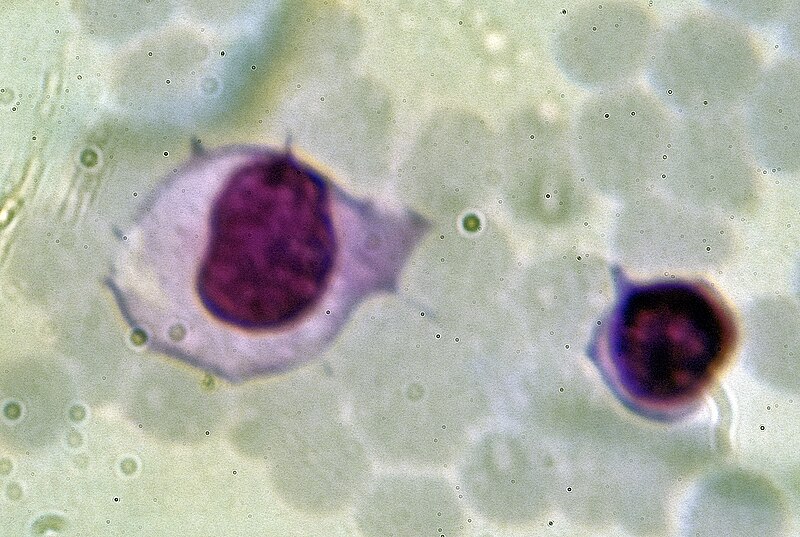Wounded cancer cells supercharge immune system to destroy tumors
Date: 20.10.2021
Immunotherapy is a highly promising branch of cancer treatment that seeks to supercharge the body's natural defenses against cancer.
 There are many possibilities when it comes to how this can be achieved, but the approach pursued by the MIT scientists behind this new study begins with removing tumor cells from the body and then treating them with chemotherapy drugs, at varying dosage levels, and re-inserting them into the tumor.
There are many possibilities when it comes to how this can be achieved, but the approach pursued by the MIT scientists behind this new study begins with removing tumor cells from the body and then treating them with chemotherapy drugs, at varying dosage levels, and re-inserting them into the tumor.
The idea was to tap into a phenomenon called immunogenic cell death, in which dead or dying tumor cells send out signals that attract attention from the immune system. Delivering these damaged cells back into the tumor along with immunotherapy drugs known as checkpoint blockade inhibitors, which enhance the ability of T cells to attack cancers, was hoped to bring about their swift demise.
But the team's lab dish experiments returned some surprising results. Treating the extracted tumor cells with chemotherapy drugs didn't actually appear to make much of a difference, it was only those subjected to very low doses that yielded the strongest anti-cancer effects.
“This describes a new concept of immunogenic cell injury rather than immunogenic cell death for cancer treatment,” says study author Michael Yaffe. “We showed that if you treated tumor cells in a dish, when you injected them back directly into the tumor and gave checkpoint blockade inhibitors, the live, injured cells were the ones that reawaken the immune system.”























